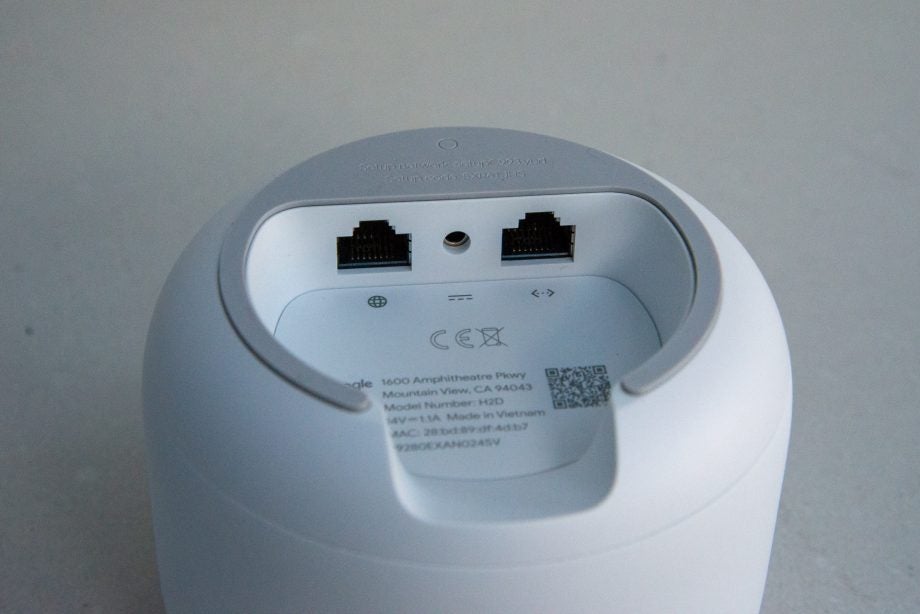Third of Brits believe their broadband slowed during lockdown, but did it?

More than a third of Brits believed their broadband speeds slowed during the coronavirus lockdown, according to a YouGov survey.
A considerable 28% of respondents said they had noticed their internet connection had become slightly worse during the period where many more people were working from home.
A further 7% of people said that it was much worse than the pre-lockdown speeds, while 57% of the 2,301 survey participants said they hadn’t noticed a difference.
“New YouGov research shows that the internet had become even more important to daily life during the coronavirus lockdown, with Britons using their household broadband connection for entertainment and to work from home,” said Olivia Bonito, digital media and technology research manager at YouGov.
Related: How to speed up your internet and fix problems
“Of course this means that many are now using their internet much more than usual but a significant proportion – a third – are experiencing worse internet performance than they did prior to the lockdown.”
The figures somewhat gel with what we’d heard from Ofcom over the last few weeks. Despite daytime broadband traffic rising by between 35% and 60% thanks to home working/schooling and increased use of streaming services, average speeds fell by just 2%.
Some networks were more affected than others, with Ofcom saying that Virgin Media subscribers saw speeds fall by up to 10% at certain points, compared with pre-lockdown data taken on March 1. However, because Virgin offers much faster speeds than many of its rivals, those customers may not have seen noticed the drop, Ofcom remarks.
Ofcom said that Netflix dropping its highest quality stream quality may have been instrumental in preventing a precipitous drop in broadband speeds.
“Almost all broadband providers saw a fall in the rate at which download speeds were declining on 23 March 2020, when Netflix started to reduce the streaming quality of its video content, a move that was aimed at reducing the pressure on broadband networks,” the Ofcom report added.


